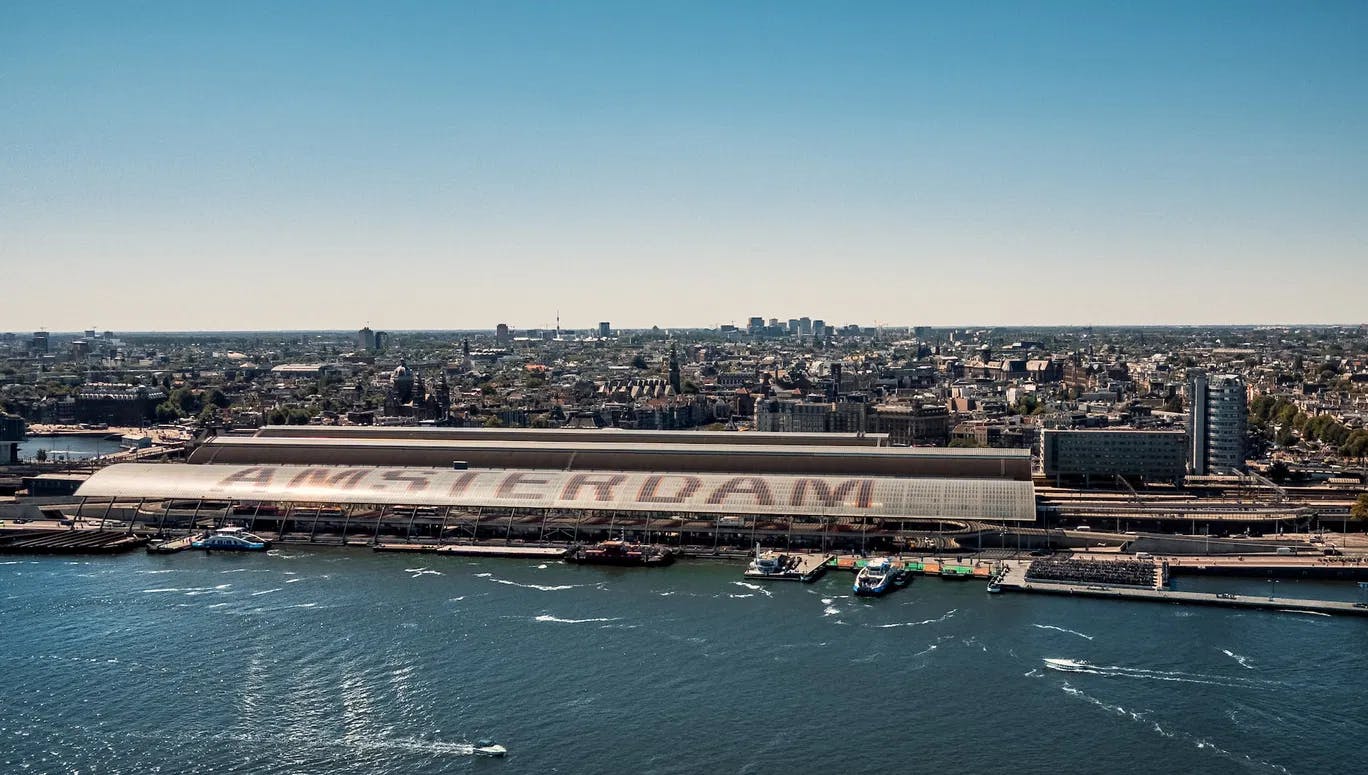
Mitsubishi Materials expands in Europe with new Amsterdam headquarters
Laying down roots in Amsterdam

As part of their expansion, Mitsubishi Materials has chosen Amsterdam as the base for its European headquarters. But what exactly does the company do?
Mitsubishi Materials specialises in materials development, manufacturing, and recycling. It extracts, refines, and recycles copper, gold, silver, and other precious metals from both scrap and raw materials, while also producing cement, concrete, and other construction-related materials.
This isn’t MMC’s first step into the Netherlands. In 2018, the company established a recycling facility at the Port of Moerdijk, Noord-Brabant, as part of its MM Metal Recycling initiative. The facility plays a crucial role in the recycling process by receiving, inspecting, and sampling e-scrap before sending the processed materials to MMC’s smelters and refineries in Japan.
Advancing resource recycling
The company’s European headquarters in Amsterdam will serve as a centre for financial and administrative operations, as well as a hub for its circular design department. This department will focus on developing circular business strategies for materials such as e-scrap, copper scrap, and lithium-ion battery (LIB) recycling.
To support these efforts, the company plans to establish resource circulation networks across Europe, making it easier to recycle these materials locally. This localised approach reduces transport distances, cutting energy consumption and emissions compared to shipping materials across continents. It also decreases reliance on imports, particularly from global competitors.
With Europeans generating the highest amount of electronic waste per capita - and recycling rates for e-scrap varying significantly between countries - Mitsubishi Materials' presence in Amsterdam is set to contribute to Europe’s resource recycling goals.
Amsterdam going circular
With Amsterdam aiming to become fully circular by 2050, Mitsubishi Materials’ decision to establish its European headquarters in the city aligns with its ambitions to expand within the recycling sector. The company joins a community of businesses in Amsterdam that are driving circular innovation.
For example, Primal Soles produces fully recyclable insoles made from Mediterranean cork, helping to reduce landfill waste. Meanwhile, Closing the Loop offers a closed-loop service for mobile phones, collecting discarded devices in emerging markets and recycling them in Europe to transform electronic waste into valuable resources. With these type of out-of-the-box solutions calling Amsterdam home, it’s safe to say that the city is host to a circular streak of innovation.